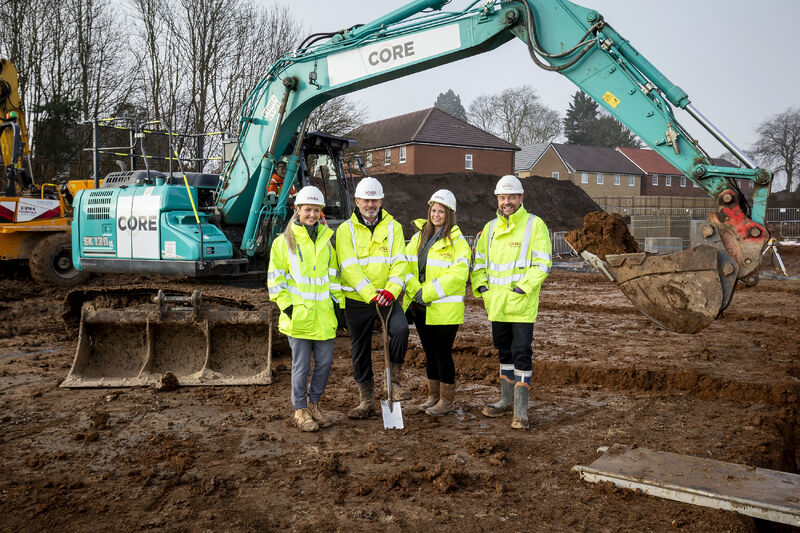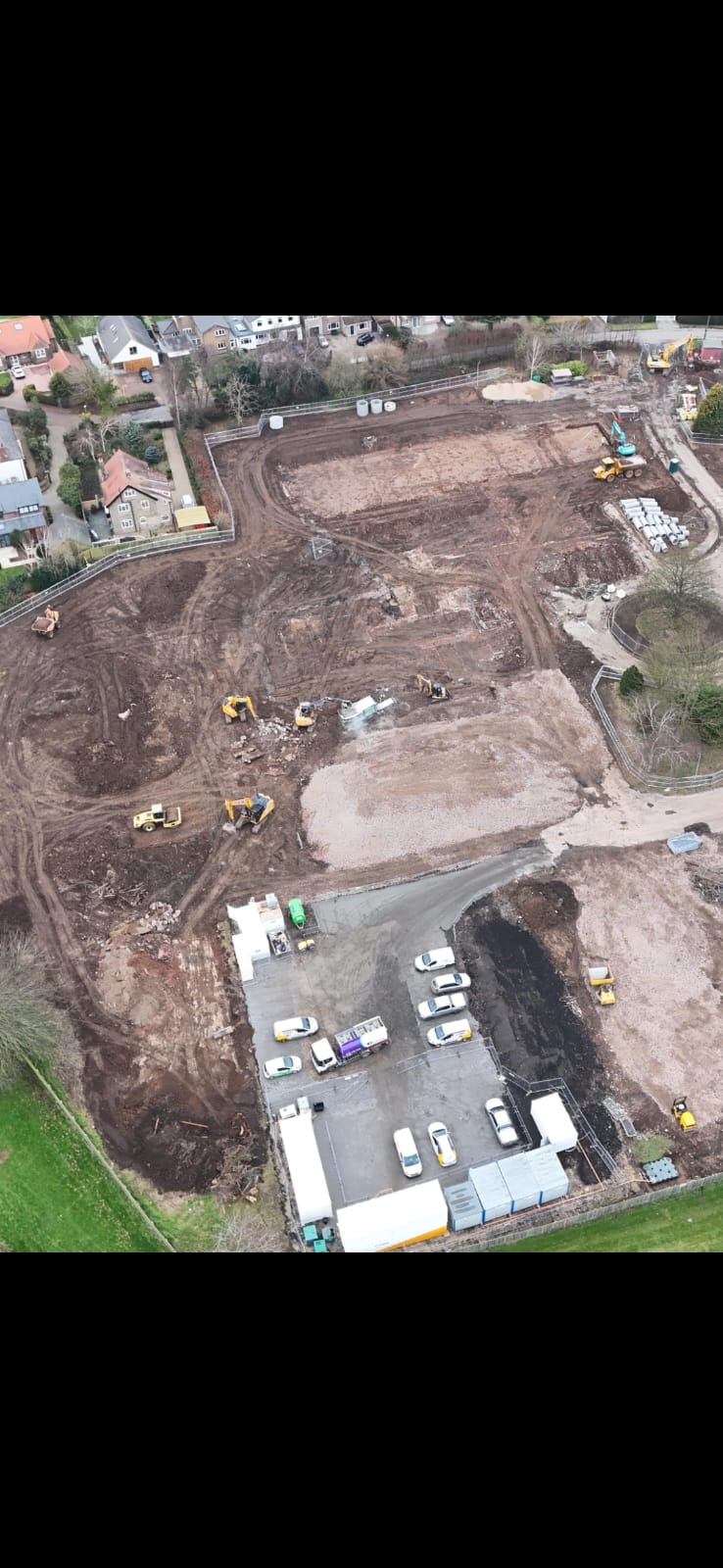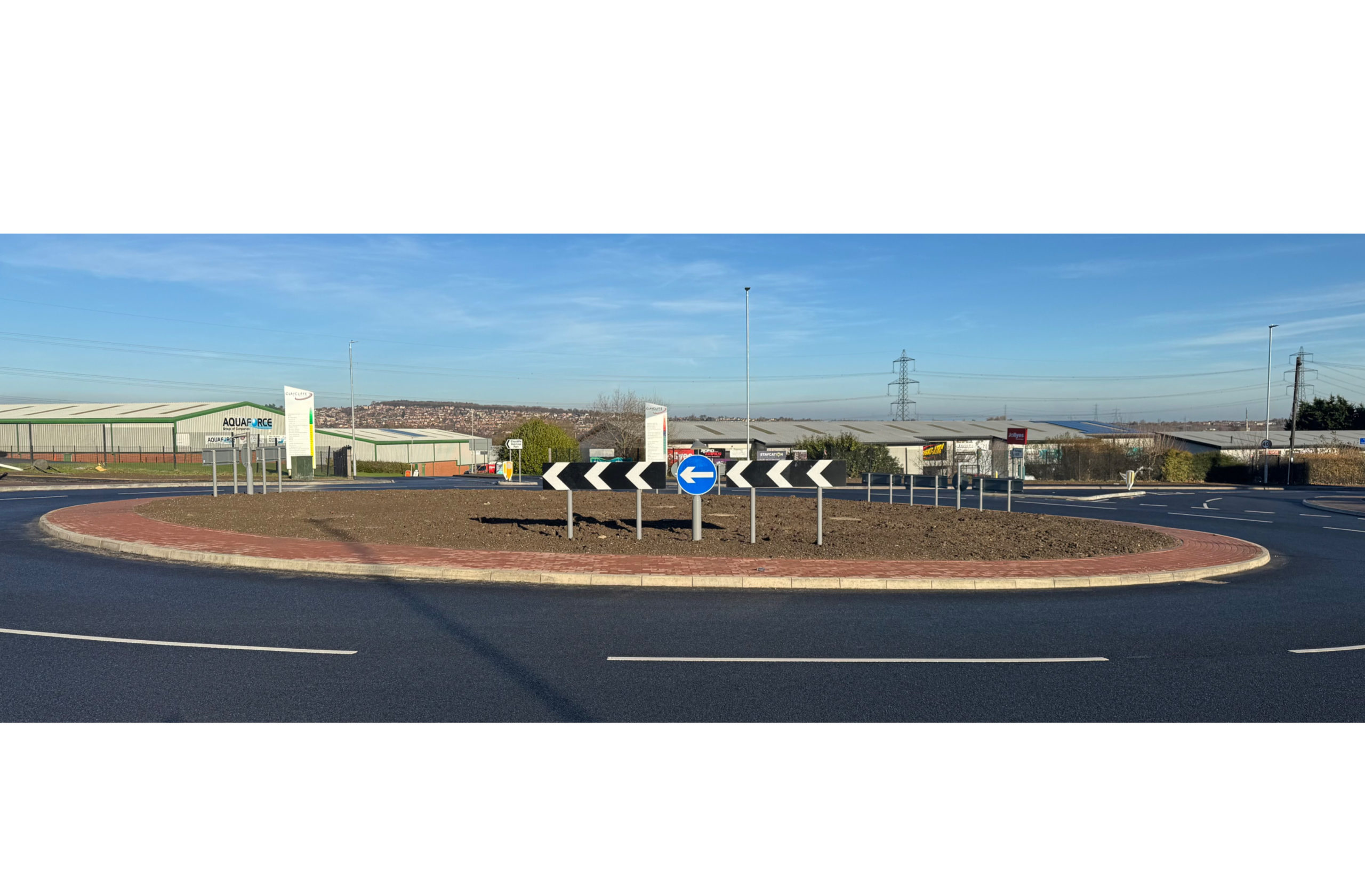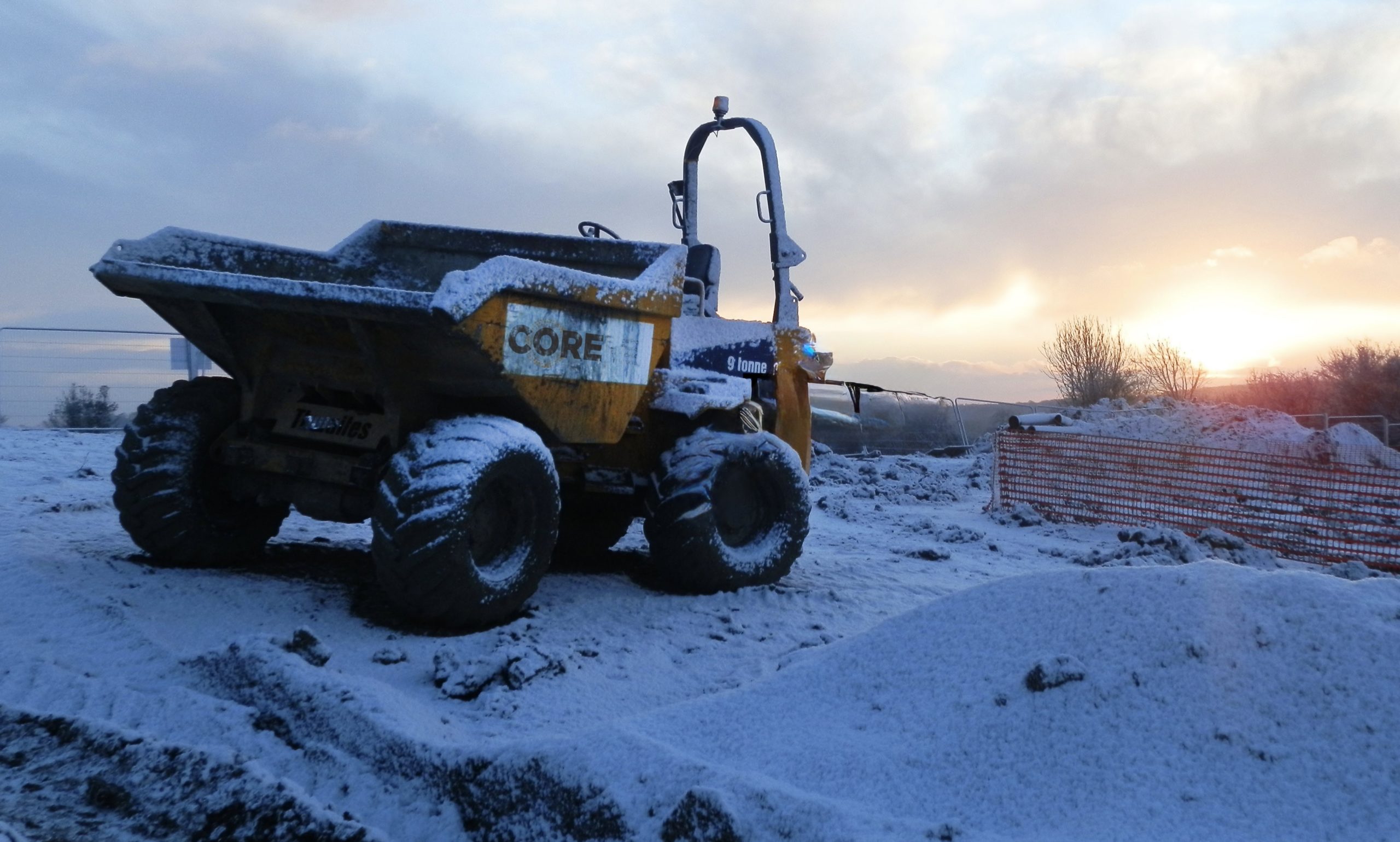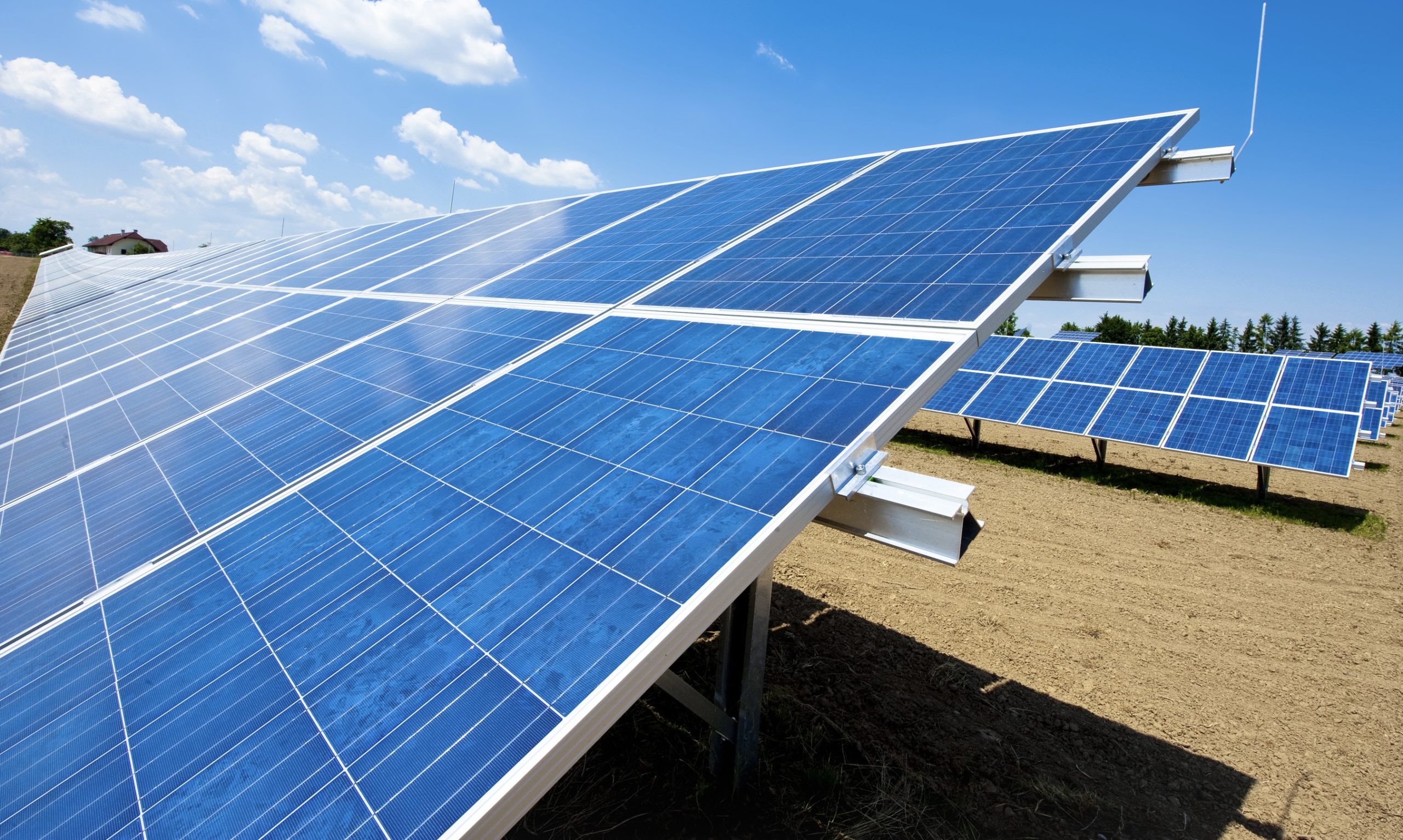Construction work must go on despite the heatwave!

- News
Last week the UK finally experienced some decent weather. The sun came out and temperatures rose to a balmy 25 degrees in parts of the country.
Whilst the warmer weather was a welcome change, it got us thinking about how heatwaves present a somewhat different risk profile to the construction industry as opposed to extreme weather events such as flooding and heavy snowfall that present physical obstacles to work on site.
CORE has an international division operating in the Middle East where temperatures often soar to over 40 degrees and has introduced measures that allows construction activities to progress during hot summer months with minimal effect on the projects.
Says Steve Wilson, General Manager for CORE in Oman: “Our experience of operating in such extreme hot weather conditions, where the difference in labour productivity during these periods is known, means we are well-prepared for all weather conditions.
“Whatever the weather, we are still responsible for making sure the workplace is safe so far as is reasonably practicable, and it is essential that labour welfare and safety issues are attended to in hot weather conditions just as they would be in the winter months.
“In hot temperatures, workers may suffer from dehydration and sunstroke which can affect their judgement and reaction times – this can be particularly perilous when driving a heavy vehicle around or operating machinery. It is important to encourage workers to drink plenty of water throughout the day to combat heat exhaustion and dehydration.
“During regular site safety and toolbox talks our site managers also stress the importance of not giving in to temptation to cool down by not wearing appropriate PPE/ protective equipment such as hard hats or high-visibility jackets.”
However, it’s not just the workers who suffer when the warmer weather hits. Along with causing issues for people, high temperatures or the intense glare of the sun can cause overheating and even fire risks to machinery and flammable materials on site.
Continues Steve: “Whether in the desert in Oman or on a site in the UK, dry weather means lack of moisture, which may also cause formation of dry dust.
“Large amounts of dust clouds hovering around a construction site can be dangerous. Dust also generates dirt which can cause unnecessary complications in the machinery and also risk the health and safety of the workers.
“Most equipment and machinery used on site have filters, which need to be cleaned on regular basis.”
Warmer weather can also have an influence on road safety. Rule 237 of The Highway Code states the need to ‘be aware that the road surface may become soft in hot weather or if it rains after a dry spell it may become slippery. These conditions could affect your steering and braking. If you are dazzled by bright sunlight, slow down and if necessary, stop.’
Concludes Steve Wilson: “Working in the construction industry is both rewarding and satisfying but as we have shown, even in sunny weather you could be exposed to various risks.
“Following the correct safe methods of work, in all weather conditions is of paramount importance. Think about the various Health & Safety risks that could be found on your site, speak to your supervisor/site manager about ways of eliminating or reducing those risks and stay healthy and safe.”
CORE, a leading construction company operating in the earthworks, remediation and infrastructure sectors. The company has strict Health & Safety rules in place and skilled staff and operatives receive continued training and support to ensure clients receive a professionally delivered service to the highest standards of safety and quality.

